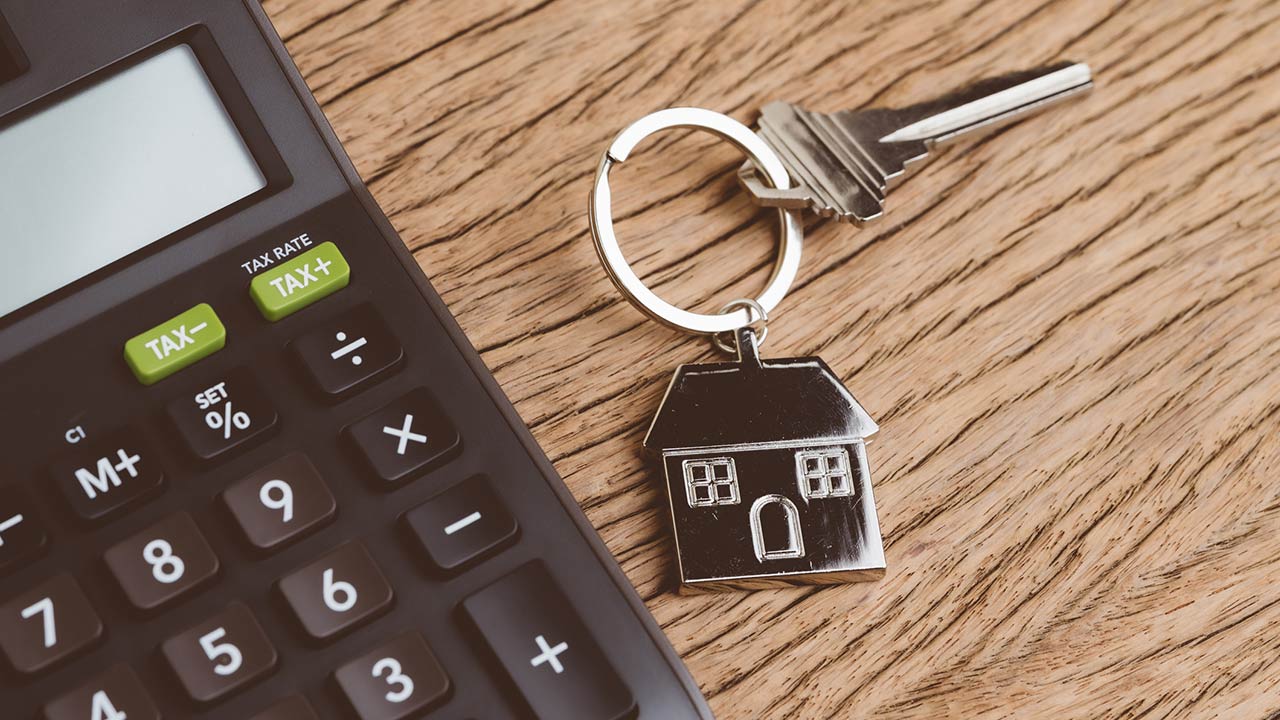NFL Stadiums Affect Home Values (But Is It Good or Bad?)
With the NFL season upon us, stadiums across the country are already gearing up for rowdy and excited crowds. But how does that activity affect the values and prices of nearby homes? Is it a good or bad thing to live so close to the hustle and bustle of NFL stadiums when it comes to property value?
Experts have been arguing on both sides of the debate.
Some may say that the traffic and the party crowds play a negative role on adjacent real estate. The noise, congestion, parking conflicts, unruly individuals, and garbage are all irritating effects that opponents say negatively affect adjacent properties.
It’s also been suggested that football stadiums tend to have the least overall economic impact on communities, considering the fact that only eight to ten games are played in them every season (if the stadium is solely used for football games).
While viable arguments, others suggest that when it comes to actual property value, the proximity of an NFL stadium in the area has a positive effect.
NFL Stadiums = Boost in Nearby Property Values
Aside from the naysayers, many people feel that having a stadium nearby can bring a positive image and sense of pride to the community. New stadiums are thought to be a visible public venue that people enjoy and are typically proud of. People still choose to live in these communities, and sports fans appreciate the advantages of the game and will pay to be close to it.
NFL stadiums are a source of employment, not only in the stadiums themselves, but in surrounding restaurants and bars that tend to pop up along with stadiums. Homeowners living nearby these venues can even take advantage of a shortage in parking, and even make a few bucks by charging game-goers to park on their properties.
The Proof is in the Numbers
Studies have been conducted to measure the effects on the proximity of NFL stadiums to homes and apartments. For instance, a study conducted in 2005 by Charles C. Tu of the University of San Diego examined the effects of FedEx Field – the home of NFL’s Washington Redskins – on property values in Price George’s County, Maryland. He discovered a positive effect on housing values within three miles of the stadium.
His report demonstrated how property values in the area surrounding FedEx Field dramatically improved during and after the stadium’s construction. He found that the closer a home was to the stadium, the higher the price hike. Homes within a 2.5-mile radius experienced the sharpest increases.
Homeowners association groups in Inglewood, CA have been holding meetings with residents after an announcement was made earlier this year regarding the L.A. Rams possibly getting approval to construct a new 80,000 seat stadium. And their message to the residents of the area was essentially not to sell because of the potential for a real estate boom in the area as a result of the stadium’s construction.
The Mayor of Inglewood, James T. Butts, told residents that a new stadium could play a key role in revolutionizing the city. The proposal to build the stadium can potentially make Inglewood a big metropolis.
When it comes to the economy and a city’s image, the Chamber of Commerce, professional football teams, the NFL, real estate professionals and politicians often claim that there is a positive effect. A positive image and healthy economics play important roles in fueling the values of properties in an area.
There are clear advantages and disadvantages to living close to an NFL stadium. But various studies have successfully shown that housing prices are generally improved when in close proximity to these venues.
At the end of the day, you can only command as much for your home as what buyers are willing to pay for it. While many prefer to live in rural and suburban centers away from the hustle and bustle of the city, others enjoy the excitement and convenience of being close to the action, and they’re willing to pay more to live there.












